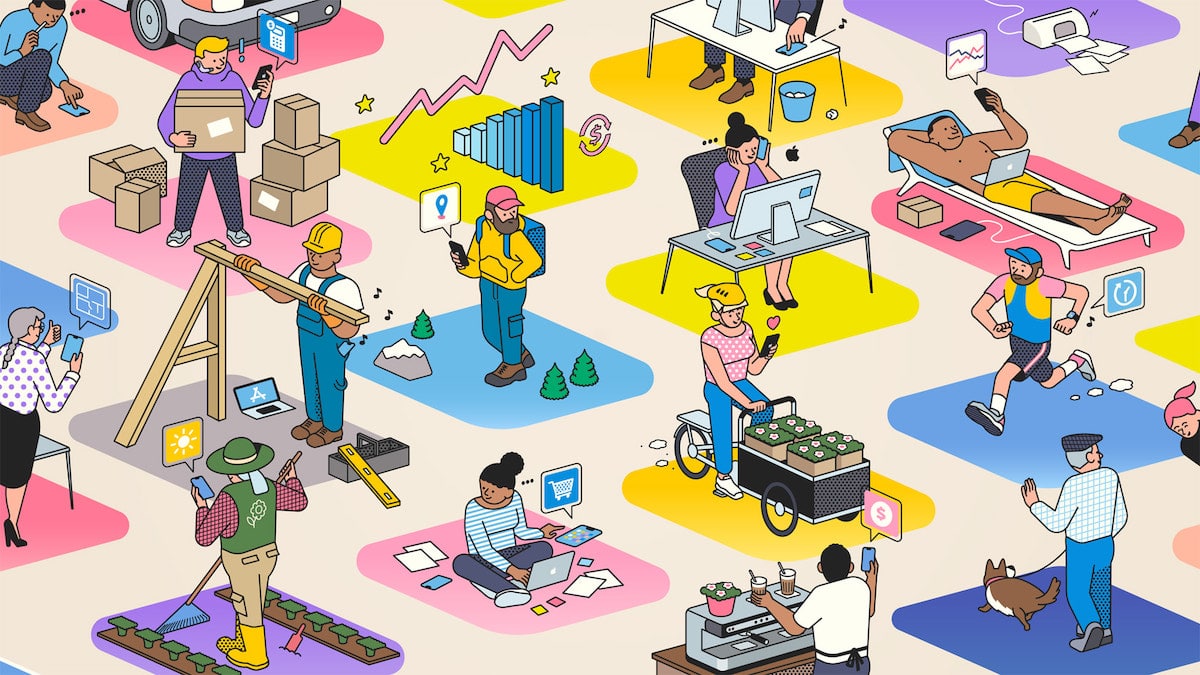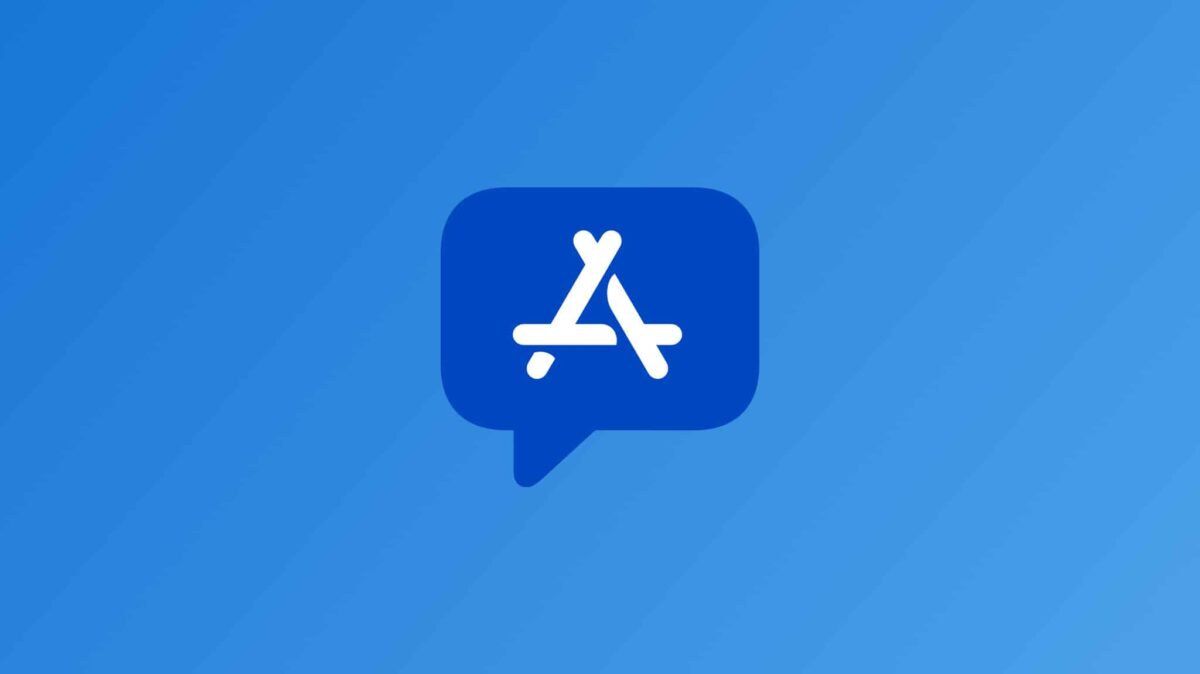Bloomberg reports that Apple is preparing to allow third-party app stores or sideloading on iOS in Europe and the U.K. The tech giant has decided on this major shift in its policy in anticipation of strict European Union laws coming in 2024.
In 2020, the EU Commission EVP Margrethe Vestager drafted the Digital Markets Act (DMA) that aims to regulate the growing influence of “gatekeepers” on the digital market and put an end to their unfair and anticompetitive practices.
DMA was approved by the European Parliament and the Council in early 2022 and last month, the EU enforced the new rules ahead of their implementation in Spring 2023. Apple, Amazon, Google, and other tech giants fall under the definition of EU’s digital gatekeepers which have market valuations of $80 billion (€75 billion) and at least 45 million monthly users in the EU.

Even with sideloading on iOS 17, Apple will mandate certain security requirements and a fee
People familiar with the matter told the publisher that software engineering and service employees had been working on opening key elements of Apple’s platforms so consumers can download third-party apps on iPhones and iPads. The report states:
The changes underway within Apple are being led by Andreas Wendker, a longtime software engineering vice president who reports to Craig Federighi, the company’s top software executive. Jeff Robbin — Apple’s top engineering manager for its services, who reports to head of services Eddy Cue — is also involved.
This change will deny the tech giant the App Store 15% -30% commission for all in-app purchases from developers and subsequently, the move will reduce the prices of digital goods for consumers and boost service providers’ revenue.
As Apple strongly objects to permitting third-party apps store over users’ security and privacy concerns, the company will implement changes with certain security requirements in iOS 17 like app verification by Apple which could be provided for a fee.

Furthermore, the tech giant is reportedly also working to open more of its APIs to third-party developers to offer integration with apps and features with Apple’s hardware and core system functions.
Currently, third-party web browsers, including ones like Chrome from Alphabet Inc.’s Google, are required to use WebKit, Apple’s Safari browsing engine. Under the plan to meet the new law, Apple is considering removing that mandate.
Apple is also working to open up other features to third- party apps, including more camera technologies and its near-field communications chip — at least in a limited fashion. Currently, only the company’s Wallet app and Apple Pay service can use the NFC chip to enable mobile wallet functionality. Apple has faced pressure to let third- party financial apps have the same capability.
However, the tech giant has not made a final decision on opening iMessages to third-party apps because such changes would impact the app’s end-to-end encryption and other privacy features. Apple has also not decided to integrate rich communication services (RCS).
Earlier it was reported that Apple is going to adopt USB-C charging port in future iPhones in compliance with EU new law.